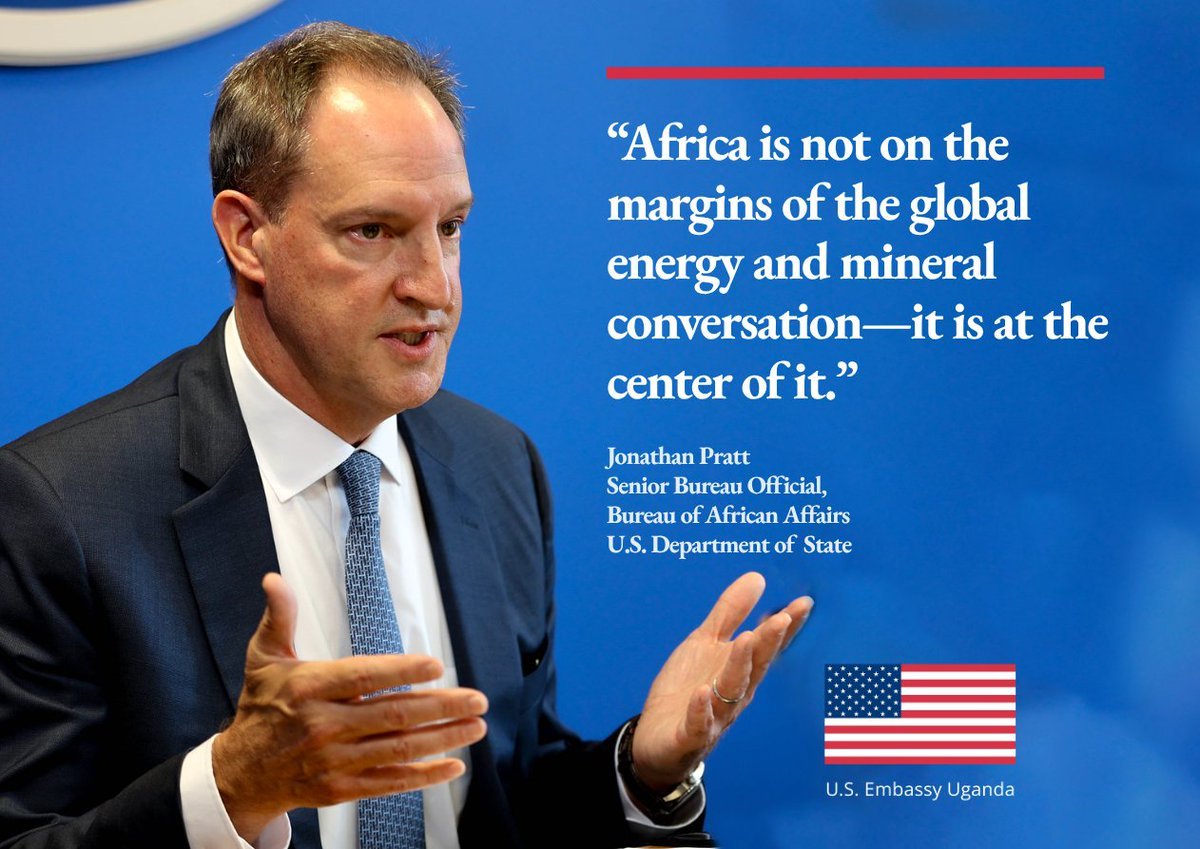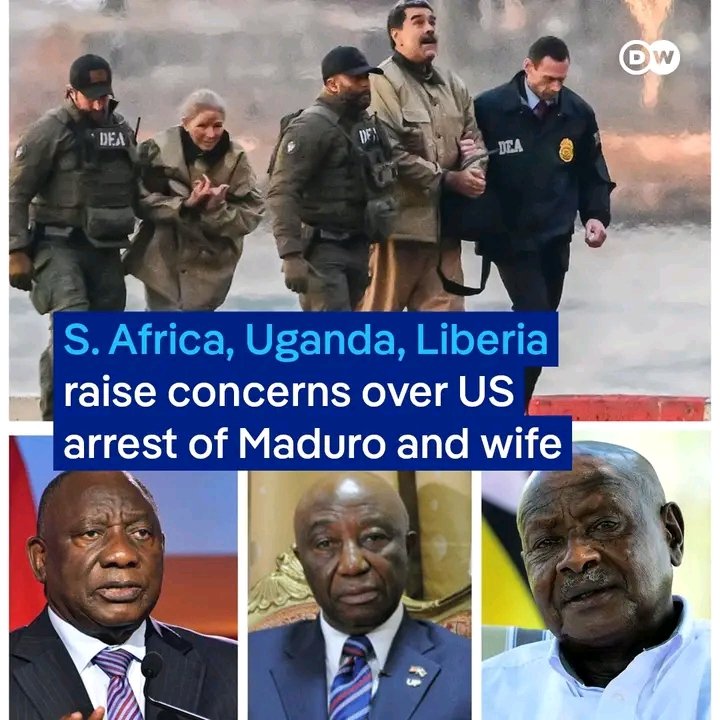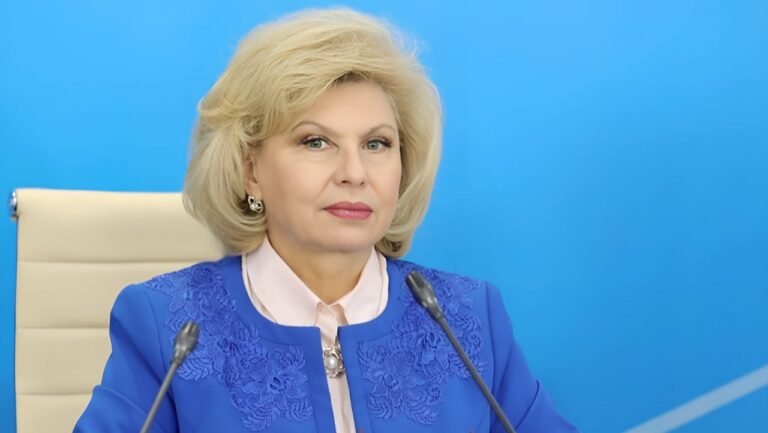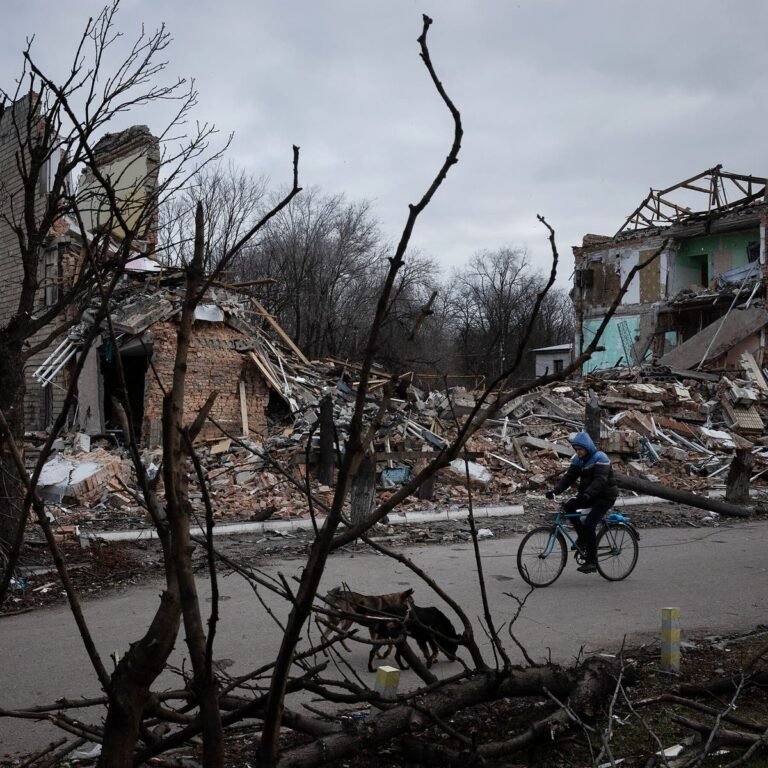
U.S. Officials Hail Africa as Central to Global Energy and Mineral Security
NEW YORK – A senior U.S. State Department official has declared that Africa is “at the center” of the global energy and mineral security conversation, outlining a robust Trump Administration strategy to deepen partnerships and investment across the continent.
Speaking at the Atlantic Council Africa Energy Forum on Monday, Jonathan Pratt, the Senior Bureau Official for the Bureau of African Affairs, emphasized that Africa’s vast resources are critical not only for its own prosperity but for global security and competitiveness.
“What happens in Africa’s energy and mining sectors will shape not only Africa’s prosperity, but global security and competitiveness for decades to come,” Pratt stated.
To harness this potential, Pratt detailed a three-pillar approach the administration is pursuing:
- Strengthening the Investment Environment: The U.S. is engaging with African governments on policy and regulatory reforms to attract high-quality private investment. Pratt highlighted work in Nigeria to launch a “buyer’s club” for reliable power and emphasized that peace is a prerequisite. He specifically pointed to ongoing efforts to secure a peace agreement in the Great Lakes Region and to confront the ISIS threat in Mozambique’s Cabo Delgado province to “unlock tremendous investment opportunities in LNG and critical minerals.”
- Mobilizing Capital: The administration is leveraging U.S. development finance tools like the DFC and EXIM Bank to de-risk investments and bring American companies into commercially viable and strategically important projects. Pratt cited the ongoing negotiation of a Bilateral Minerals Deal with the Democratic Republic of the Congo (DRC) as a key example.
- Advancing Transformative Regional Projects: The official pointed to the Lobito Corridor as a flagship initiative. This project aims to create a secure, transparent export route for critical minerals from Angola, Zambia, and the DRC. “Our goal is not only to ensure trusted supply chains for the United States, but also to build a thriving corridor that drives trade, supports jobs, and fosters prosperity across the region,” Pratt said.
The strategy is already yielding tangible results, according to Pratt. He announced that since the start of the administration, more than 17 deals worth $9.2 billion have been signed in the African energy and mineral sectors.
One notable example is a $1.5 billion agreement between U.S. firm Hydro-Link and Angola to build a transmission line connecting hydropower to mines in the DRC. This project will power the production of cobalt and copper, minerals vital for global electronics and power grids.
Pratt concluded with a forward-looking vision, stating, “Africa’s natural gas will power industries and households at home and abroad. Africa’s minerals will supply the factories that underpin global security.”
The message was clear: the United States views African nations as indispensable strategic partners in building a secure energy and mineral future, asserting that when Africa succeeds, the United States and the world are more secure.









